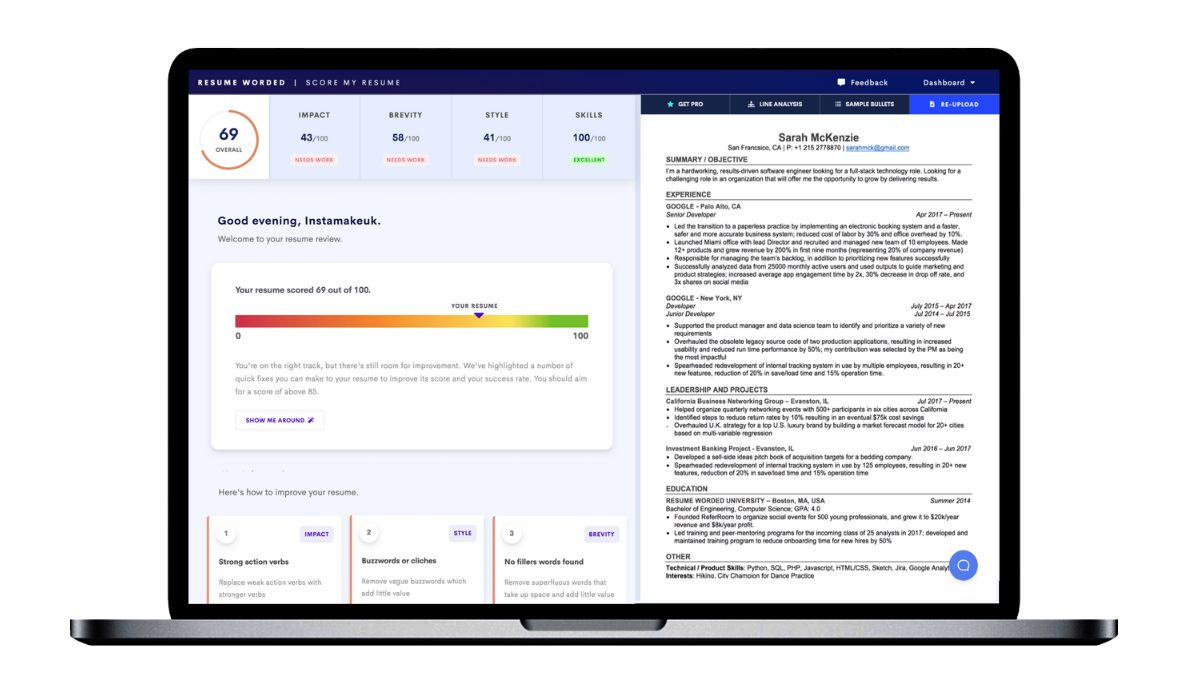The truth is, there is a big difference between self-care and simply comforting yourself at the moment. It’s important to understand the distinction between the two, especially since they can often be confused.
Self-care is a deliberate and intentional act that promotes our well-being in both the short and long term. On the other hand, self-comfort is a more temporary solution that offers immediate relief but may not have long-lasting benefits.
In this article, we’ll unpack the concept of “self care vs self comfort,” diving deep into the differences between what constitutes true self-care versus quick (but not so sustainable) ways of soothing ourselves.
Understanding Self-Care
At its core, self-care is about taking deliberate (and often proactive) steps to look after your well-being. It’s about understanding what you need to keep yourself healthy and balanced, and actively prioritizing those needs. This could be anything from getting enough rest and exercise, having a healthy work-life balance, practicing mindful meditation, or having regular check-ins with yourself to identify when you need to make adjustments to your lifestyle.
Think of it this way: self-care is planting the seeds that will simmer in the background until they’re ready to bloom into better overall mental and physical health. It’s also important to recognize that self-care doesn’t have to be a big production—it can be as simple and small as taking a few moments out of the day for yourself. The key is finding out what works best for you and consistently tending to it.
What Is Self-Comfort?
If you’re looking for ways to make yourself feel better in the short-term, self-comfort might be the answer. Self-comfort is a way of taking care of yourself at the moment and typically involves doing something enjoyable or pleasurable. Whether it’s eating a delicious meal, having a bubble bath, curling up with your favorite Netflix show, or engaging in any other activity that brings you joy and peace, self-comfort is all about finding pleasure and relaxation.
Self-comfort can be incredibly helpful when you need a quick pick-me-up—but one key difference between self-care and self-comfort is that it’s not always sustainable in the long run. Self-comfort usually requires external triggers– like shopping or social media– which could potentially become addictive. On the other hand, self-care involves learning healthy coping skills that can be used independently and often have lasting effects on our mental health, since they involve caring for ourselves from within rather than relying on outside sources of comfort.
How to Tell the Difference Between the Two

You might be wondering, so how can you tell the difference between self-care and self-soothing? It’s important to remember that while they both involve taking care of yourself, they have very different functions.
Self-care is about doing something proactive and intentional to ensure your physical, mental, and emotional health and well-being. It’s about figuring out what works for you and doing it consistently. Self-comfort, however, is more of a band-aid solution to problems—it’s about feeling better at the moment instead of addressing the underlying cause of any distress or discomfort.
Examples of Self-Care & Self-Comfort

Now let’s take a look at actual examples of self-care and self-comfort. Self-care usually involves activities that contribute to your overall physical, mental, and emotional well-being. These might include things like:
- Eating nutritious meals
- Exercising regularly
- Meditating or practicing yoga
- Connecting with friends
- Journaling or expressing creativity through art, music etc.
On the other hand, self-comfort is not so much about wellness, but rather relieving stress in the moment. These activities might include:
- Taking a hot bath or shower
- Curling up with a good book
- Binge-watching TV shows
- Eating comfort foods like ice cream or chocolate
- Cranking up your favorite music and dancing around the house alone
Taking Time for Self-Care & Self-Comfort

When it comes to self-care and self-comfort, there is an important distinction. People often confuse the two, but there’s a big difference between them.
Self-Care
Self-care is about taking the time to actively nurture your wellbeing and build resiliency, by investing in activities/hobbies/relationships that help you build up your mental, physical, and spiritual strength — regardless of how it feels in the moment. Self-care can be difficult work that doesn’t feel good at first – like exercising when you don’t want to – but ultimately benefits you in the long run.
Self-Comfort
Self-comfort is about deliberately taking time to make yourself feel better with enjoyable activities that give you pleasure or relief from a bad feeling — like cuddling with a pet or watching an uplifting movie. Self-comfort activities give us an immediate boost but may not be sustainable in the long run; for example, eating ice cream may make us feel better for the moment but long term, it won’t do anything to help us actually cope with our issues.
So when it comes down to it, both self-care and self-comfort are important parts of our wellness toolbox—but they serve different purposes and have different results. Take time for both and you’ll quickly see the difference in how they affect your day to day life!
Putting It All Together

Now that you know the difference between self-care and self-comfort, let’s put it all together. Self-care is what you do to take care of yourself in a sustainable way. It’s putting yourself first, building healthy habits, and being intentional with your time.
On the flip side, self-comforting is a quick solution to help calm and soothe stress in the moment, but it does not provide a long-term solution. Self-comforting activities don’t fix the problem or make it go away, they just help it feel better for a short period of time.
So as you go about tackling your own wellness toolbox, remember that it’s important to balance self-care with self-comforting activities:
- Make sure to account for both when creating your plan.
- Take the time to thoughtfully evaluate which activities should qualify as self-care versus those that should be done for comfort only.
- Think beyond just treating yourself and aim for sustainable wellness practices that are tailored to what works best for you physically, mentally, and emotionally.
Taking care of yourself is essential if you want to feel your best — make sure you understand the differences between self-care and self-comfort so that you can create a healthy balance of both!
Conclusion
Those are the key differences between self-care and self-comfort: self-care is focused on your long-term well-being, while self-comfort is focused on alleviating immediate or emotional distress.
Self-care is an important part of our overall wellness but it’s also important to remember that self-comfort is just as important. Self-comfort is about taking the time to pause, recognize our feelings, and meet where we’re at in order to provide ourselves with the care, love, and support we need. Both are essential parts of self-care, so make sure to make space for both.








